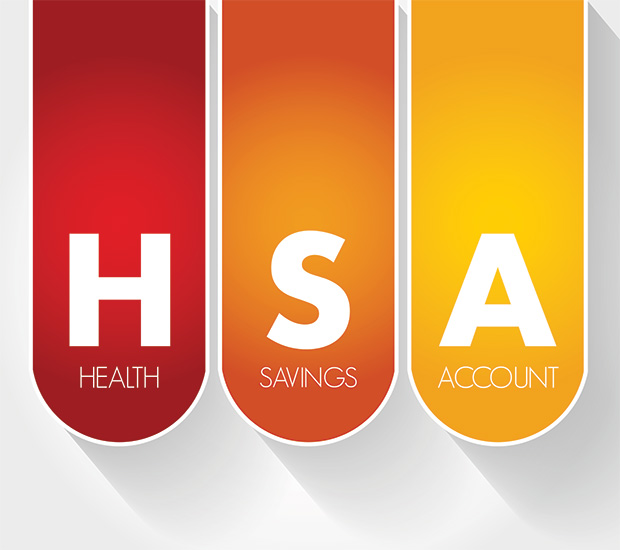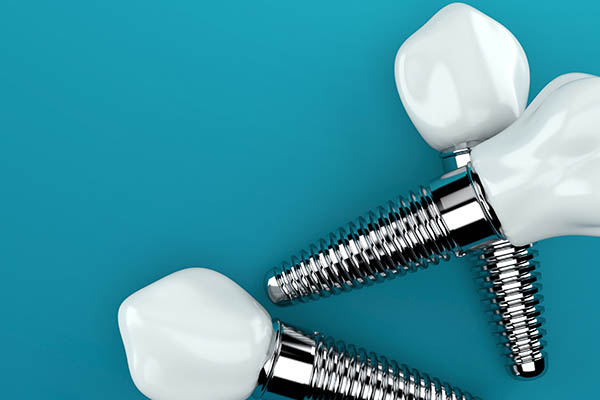Health Care Savings Account Everett, MA
Opening a health care savings account can help people cover their out-of-pocket costs. People can use these unique, tax-advantaged accounts to pay for current or future healthcare expenses for you, your spouse, and your dependents. When combined with a high-deductible healthcare plan, people can receive tax advantages to save money in the long-run.
If you are looking to save money while taking care of your oral health, a health care savings account, HSA, can help. Our team at GK Dental PC can help you learn more about HSAs and other coverages. Call us at (617) 826-6075 to learn more about our services or schedule an appointment.
Understanding Health Care Savings Accounts
A health savings account (HSA) is a savings account that lets people set aside money on a pre-tax basis to pay for qualified medical expenses. An HSA is complementary to a health care plan that has a high deductible. People can save money in an HSA before taxes and use the funds to pay for eligible health care expenses, including expenses the health plan does not cover. For example, people can use their HSA savings to cover health care costs until reaching the plan’s deductible.
People can use their HSA funds to pay the copayment until reaching the out-of-pocket limit. Taxes do not apply to the money put into an HSA. Patients can invest a portion of the money in an HSA if maintaining a balance of $1,000 or more. For this reason, many people use part of their HSA to save for retirement.
“A health savings account (HSA) is a savings account that lets people set aside money on a pre-tax basis to pay for qualified medical expenses.”
HSA Pros and Cons
HSAs offer several benefits. People can withdraw money to pay for procedures, deductibles, copayments, or other medical expenses. Any money left in the account at the end of the year will roll over into the next year. Even if a person’s health care coverage changes due to a change in jobs, as long as they continue with a high-deductible plan, funds in the account continue to grow, tax-free. If a person changes jobs, they can enroll in a new healthcare plan and maintain access to their existing HSA, even if the new healthcare plan does not qualify. Additionally, most people can use a debit card or checks to access their funds easily.
HSAs also have some disadvantages that people should consider. One of the biggest downsides to an HSA involves the requirement to have a health insurance plan with a high deductible. Although this coverage offers lower premiums, high deductibles often become hard to come up with if facing a significant medical issue. With increasing costs of health care premiums and deductibles, it may be challenging to add more money to one’s health savings account. Some people with high deductibles hesitate to see the doctor to seek treatment due to the high costs. They may feel as if they must keep the money in their HSA to save for retirement — thus putting off important medical care.
“If a person changes jobs, they can enroll in a new healthcare plan and maintain access to their existing HSA, even if the new healthcare plan does not qualify.”
Financial Benefits of an HSA
An HSA not only helps save on health care expenses but comes with tax advantages. One advantage is that people do not have to pay taxes on contributions to their HSA. If a person adds money to their HSA through their employer, the funds are taken before taxes, lowering taxable income. People who add money to their accounts personally will have deductions from their gross income when filing income taxes at the end of the year.
Anything earned on the investment of funds also remains tax-free. If using the withdrawals to pay for qualified medical expenses, no taxes and penalty fees apply. Funds withdrawn for medical expenses are not taxed. At age 65, HSA funds are available for use without penalty. After this age, people can use their HSA savings as retirement money and withdraw funds from an HSA without incurring tax penalties, even if used for non-medical expenses. However, the money would still be subject to income tax.
“An HSA not only helps save on health care expenses but comes with tax advantages.”
Check out what others are saying about our dental services on Yelp: Health Care Savings Account in Everett, MA
Finding Out if HSA Covers a Treatment
People with HSA accounts may be wondering what types of dental services are covered. With an HSA, there is a big difference between services that diagnose, treat, and prevent. People should contact their provider for more information on covered dental treatments.
Some procedures may have a copayment, so it is also important to check with dental insurance providers to determine the out-of-pocket costs. Not all HSAs cover the same things. People with questions about coverage should contact their employer's benefits department, their HSA provider, or the third-party payer of their health plan.
“People with questions about coverage should contact their employer’s benefits department, their HSA provider, or the third-party payer of their health plan.”
Questions Answered on This Page
Q. What is a health savings account?
Q. What are the pros and cons of an HSA?
Q. What are the tax benefits to having an HSA?
Treatments Covered by an HSA
Dental services and HSA eligibility can vary; however, some common and necessary dental procedures are eligible. HSAs cover treatments that diagnose, treat, mitigate, cure, and prevent disease. HSAs cover most dental treatments deemed medically necessary, such as:
- Regular cleanings and routine visits
- Fillings
- Root canals
- Extractions
- Crowns
- Dentures and bonding
Even with an HSA, there may be a copayment for the patient. HSAs do not cover cosmetic dental treatments such as teeth whitening or regular dental expenses, such as toothpaste, toothbrushes, dental floss, and mouthwash.
“HSAs cover treatments that diagnose, treat, mitigate, cure, and prevent disease.”
Frequently Asked Questions
Q. Is an HSA right for me?
A. For people with HSA-eligible health insurance plans with a high deductible, an HSA plan can offer many benefits. With tax advantages and the ability to save for retirement, an HSA account offers long-term growth potential. It is an excellent way to save for health and dental costs through retirement.
Q. Can I have more than one HSA?
A. Yes. People can open and contribute to as many HSA accounts as desired. Annual IRS contribution limits may still apply to the total amount contributed to HSA accounts. For people with an HSA through their employer, contributions made by the employer count toward the limit.
Q. Can I use my HSA on my spouse and dependents?
A. Yes. The HSA holder, spouse, and eligible dependents can all use the HSA money for qualified medical expenses. This can happen as long as everyone meets the eligibility requirements, and the account owner has authorized each of them by requesting an additional HSA debit card in their name.
Q. Am I eligible for an HSA?
A. The IRS has defined some eligibility requirements to qualify for an HSA. Eligible participants must have health insurance under a qualifying high-deductible health plan (HDHP), no other health coverage, no enrollment in Medicare, Tricare, or Tricare for Life. In addition, they cannot be claimed as dependent on someone else’s taxes, not receive veteran’s benefits within the last three months, and not have a health care flexible spending account (FSA) or health reimbursement account (HRA). These requirements may be subject to change.
Q. What are the differences between an HSA and FSA?
A. Though similar, HSAs and FSAs have some differences. The most significant difference between the two is that not everyone qualifies for an HSA. Only those with a high deductible qualify. FSA remains available to anyone, regardless of their deductible. The max contributions differ for the two accounts. HSAs typically have higher max annual contributions. One of the biggest benefits of an HSA allows any remaining balance to roll over to the next year.
Quality Dental Services Can Transform Your Smile
By visiting us as soon as possible, our team can help get you the professional treatment you need. Instead of waiting around and allowing the symptoms to get worse, we can provide you with treatment options.
Call Us Today
HSA can help you lower the costs of dental treatment. Our team at GK Dental PC can help. Call us today at 617-826-6075 to learn more about our services or schedule an appointment.
Helpful Related Links
- American Dental Association (ADA). Glossary of Dental Terms. 2021
- American Academy of Cosmetic Dentistry® (AACD). Home Page. 2021
- WebMD. WebMD’s Oral Care Guide. 2021
About our business and website security
- GK Dental PC was established in 1996.
- We accept the following payment methods: American Express, Cash, Check, Discover, MasterCard, and Visa
- We serve patients from the following counties: Middlesex County
- We serve patients from the following cities: Everett, Malden, Revere, Medford, Chelsea, Saugus, Lynn, Melrose, Boston and Summerville
- Norton Safe Web. View Details
- Trend Micro Site Safety Center. View Details







